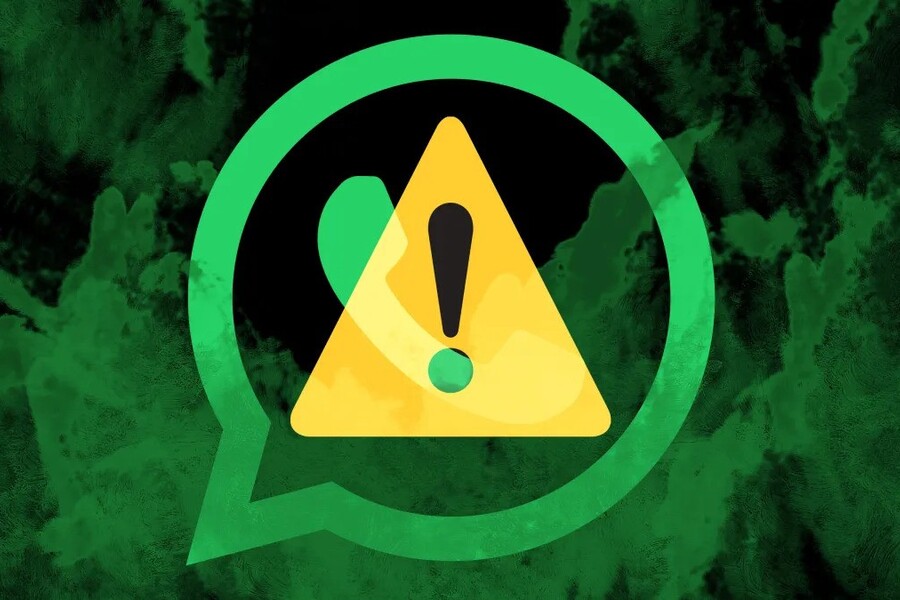This week marked a turning point in the global conversation around digital privacy and cybersecurity. WhatsApp secured a historic $167 million victory against Israeli spyware vendor NSO Group, delivering a critical legal blow to the spyware industry. At the same time, a series of major cyber incidents across telecom, education, finance, and government sectors exposed the increasing vulnerability of critical digital infrastructure.
After a grueling five-year legal battle, Meta-owned WhatsApp emerged victorious in a case that stemmed from NSO Group’s 2019 Pegasus spyware attack. The spyware exploited a zero-click vulnerability in WhatsApp’s voice call function to compromise over 1,400 users, without requiring any user interaction. According to court testimony, NSO used a specially designed “WhatsApp Installation Server” to mimic legitimate WhatsApp communications and covertly deliver the Pegasus payload to victims’ devices.
The jury awarded WhatsApp $167.7 million in damages—$167.25 million in punitive damages and over $444,000 in compensatory damages. The latter amount was calculated based on the time WhatsApp staff spent investigating the breach and securing the app. The lawsuit, which began in 2019, revealed several previously secret details: NSO continued attacking WhatsApp users even after the case was filed, Pegasus was tested on a U.S. phone number at the FBI’s request, and the spyware was sold to multiple governments, including Mexico, Saudi Arabia, and Uzbekistan. NSO also admitted it had suspended 10 clients for abuse of Pegasus.
This legal victory is being hailed as the first significant accountability measure against a spyware company. Will Cathcart, head of WhatsApp, emphasized that the verdict reinforces the principle that “illegal spying will not be tolerated.” Citizen Lab researcher John Scott-Railton described it as a rare moment of justice for victims of digital surveillance, calling it a critical blow to the shadowy surveillance-for-hire industry.
While WhatsApp’s case delivered a win for privacy, other stories this week underscored the scale of global cybersecurity threats.
In an FBI-led operation dubbed “Moonlander,” law enforcement shut down Anyproxy and 5Socks—two long-running botnet proxy services that rented out access to thousands of hacked routers worldwide. U.S. prosecutors indicted three Russians and a Kazakh national who allegedly made over $46 million by converting compromised routers into commercial residential proxy networks used for ad fraud, credential stuffing, and more. The seizure was coordinated with Dutch police and cybersecurity firms like Black Lotus Labs and Spur, who had tracked the operations for years.
Meanwhile, in South Korea, SK Telecom admitted to a massive breach affecting 23 million users, nearly half the country’s population. Sensitive data like IMSI numbers, mobile numbers, and SIM authentication keys were stolen, increasing the risk of SIM swapping and surveillance. Company executives fear a potential $5 billion loss in cancellations, as 250,000 customers have already left. A joint investigation is ongoing, with suspicions pointing to China-backed hackers exploiting Ivanti VPN vulnerabilities. The breach marks the most severe security failure in SKT’s history.
In the education sector, the consequences of ransomware attacks resurfaced months after the fact. PowerSchool, which supplies software to thousands of K–12 schools across North America, admitted it is still being extorted. Although it had paid a ransom in December 2024 with the expectation that stolen data would be deleted, school districts like Toronto’s have since received new threats using the same data. The situation confirms what cybersecurity experts have long warned: paying a ransom offers no guarantee that hackers will honor their word.
Elsewhere in the financial world, top venture capital firm Insight Partners confirmed it too fell victim to a January cyberattack. For the first time, the firm disclosed that hackers exfiltrated personal data about employees, investors, and portfolio companies, including tax and banking details. With more than $90 billion in assets under management, Insight joins a growing list of high-profile investment firms targeted by cybercriminals.
Cybersecurity giant CrowdStrike also made headlines this week, not for a breach, but for laying off 500 employees, representing 5% of its workforce. Despite record earnings and over $1 billion in free cash flow, the company announced the cuts as part of a strategic reorganization to reach $10 billion in annual recurring revenue. CEO George Kurtz said the company would continue hiring in key strategic areas.
In a more niche but equally alarming case, TeleMessage—a service that offers modified versions of secure messaging apps like Signal and Telegram—was hacked. The breach exposed contact information, backend credentials, and archived messages from government agencies, financial institutions, and major corporations, including Coinbase. TeleMessage’s parent company, Smarsh, has suspended services while investigating the incident. The hack also revealed that archived data was not end-to-end encrypted, raising new concerns about the security of surveillance and compliance tools used by governments.
Amid all this, cybersecurity startup Ox Security raised $60 million in Series B funding to scale its platform, which detects vulnerabilities in both AI- and human-written code. As developers increasingly rely on AI coding assistants, Ox is positioning itself as a key player in securing modern software pipelines. The company already serves clients like Microsoft, IBM, SoFi, and eToro, and claims to analyze 100 million lines of code daily.
This week’s events paint a clear picture: the global digital landscape is under siege. From spyware attacks and botnet services to educational extortion and breached government communications, the need for robust cybersecurity protections—and accountability for violations—is more urgent than ever.
If you’re a consumer, this means heightened vigilance is essential. Use multi-factor authentication, avoid clicking unknown links, and keep software updated. For companies and governments, the message is even clearer: data breaches, once private embarrassments, are now public reckonings with legal, reputational, and financial consequences. And for the spyware industry? The clock on impunity may finally be running out.







